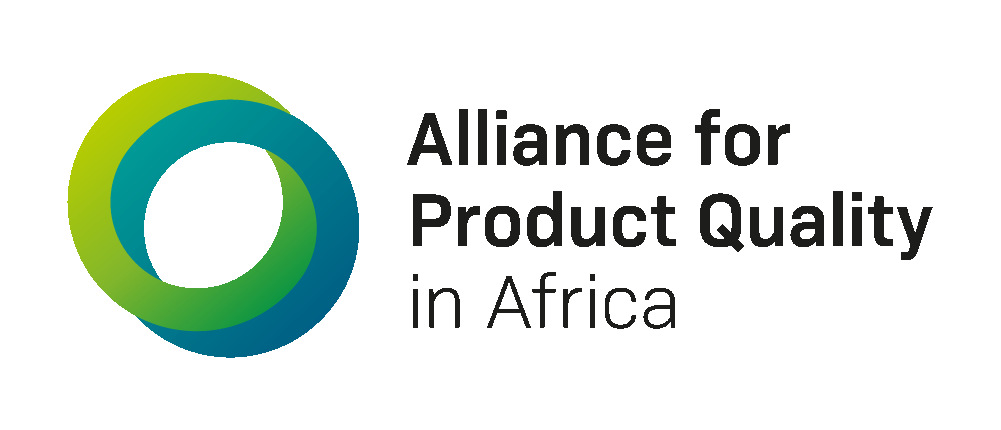Cotton and textiles are important export commodities for the Senegalese economy, but they face various challenges. On the one hand, climate change and the associated decreasing amounts of precipitation are increasingly threatening cotton cultivation. At the same time, companies from other, predominantly Asian, countries have significant competitive advantages thanks to better technical infrastructure and highly mechanized production processes, which allow them to offer their textile products more cost-effectively and in larger quantities on the world market.

However, Senegal does have an opportunity here: The increasing awareness of fair and ecologically traded textile products, especially among European consumers, is increasing demand and making it possible to specialize in this niche market, which is gaining in importance. However, this requires internationally recognized certifications such as the Global Organic Textile Standard (GOTS), which check and certify compliance with ecological and social standards.
Such certification is associated with great effort and high costs and is therefore often hardly affordable, especially for small and medium-sized enterprises. That is why the Alliance for Product Quality in Africa supports such companies both financially and through training courses for certification preparation.

‚Rabalma‘ is one of the Senegalese companies supported. The small company mainly produces home textiles such as blankets and pillowcases, but also garments. The entire value chain is located in Senegal: From the cultivation of organic cotton to the spinning mills in the Tambacounda region in the south-east of the country to weaving and dyeing with plant extracts in the capital Dakar in the west. After more than a year of the Alliance’s support, the company was certified in June 2023. In addition to the studio in Dakar, the hand spinning mills in eight villages in Tambacounda, which employ 150 women, were certified at the same time.

This not only certifies an ecologically and socially sustainable production process, which requires, for example, the traceability of local organic cotton, but also enables a better positioning on the competitive world market. Thanks to the GOTS certification, Rabalma wants to further expand its business relations with France in particular and thus create more jobs with fair working conditions. Thus, the support of the Alliance for Product Quality in Africa contributes to making fair use of the great export potential in the Senegalese textile sector for people and the environment.




